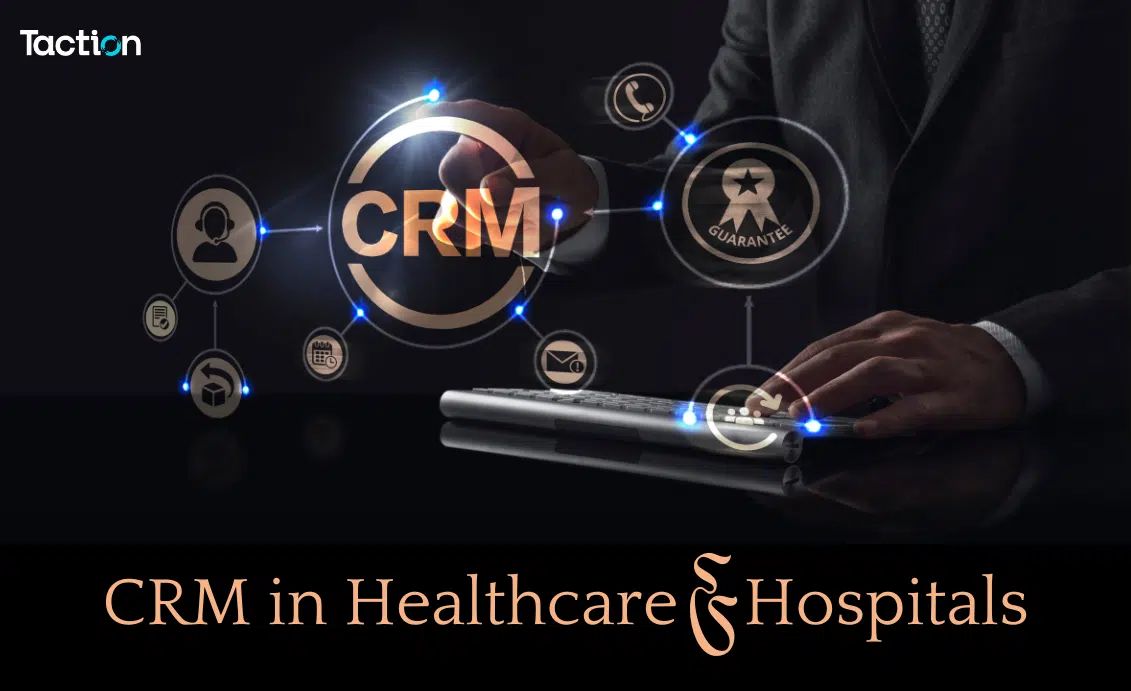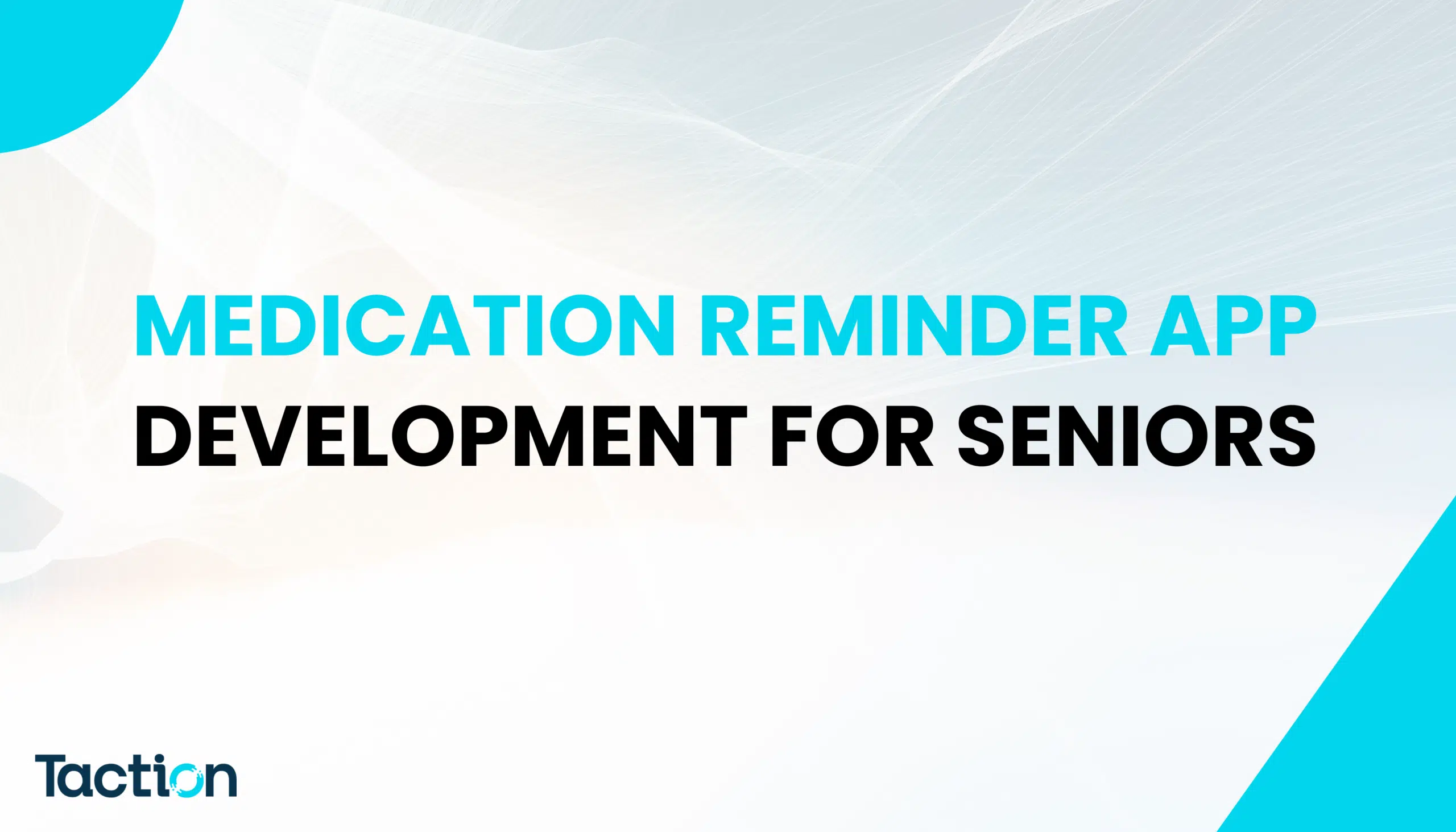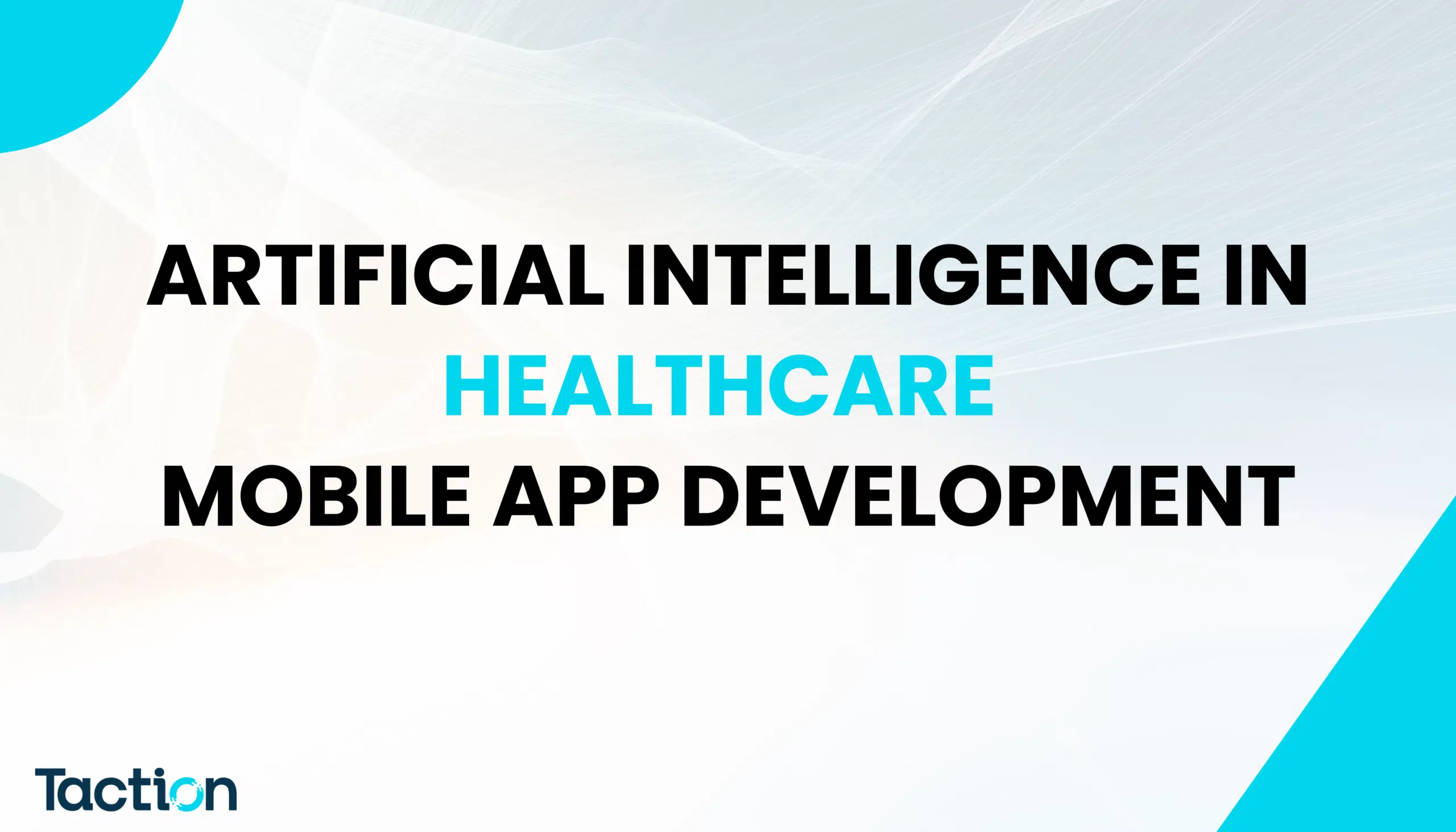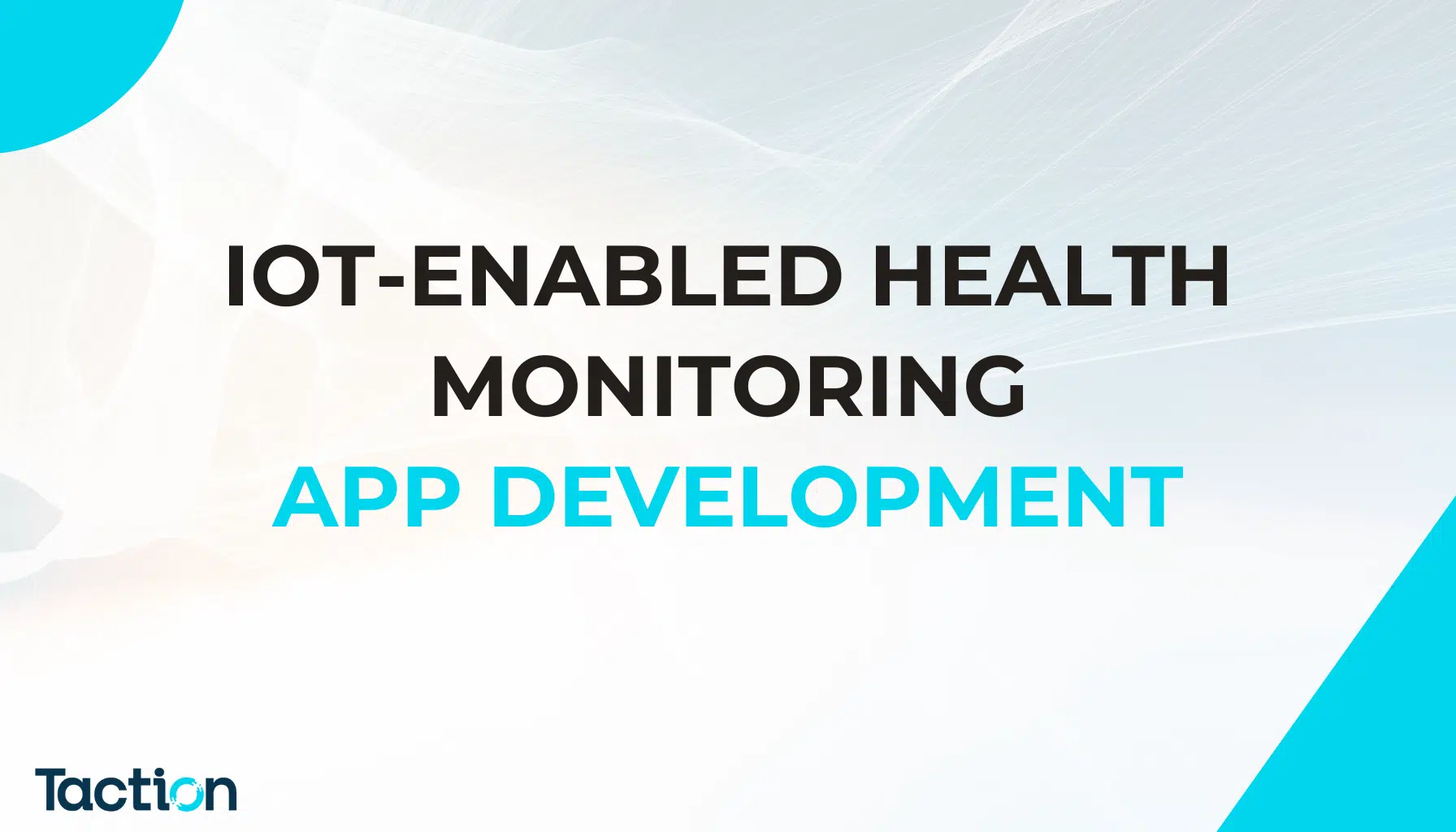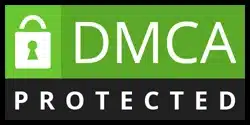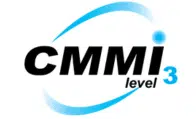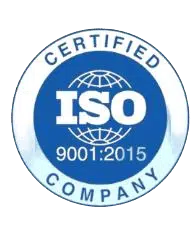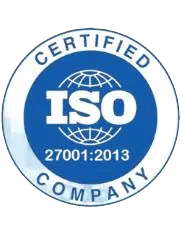Explore CRM in healthcare and hospitals to improve patient engagement
Customer Relationship Management (CRM) systems are revolutionizing healthcare delivery systems, making them more patient-oriented and cost effective. Bridging the gap between healthcare providers and patients, CRM in healthcare facilitates seamless communication, personalized care, and enhanced patient satisfaction. Hospitals and clinics increasingly rely on CRM systems for streamlining operations, managing patient data efficiently, and engaging patients through customized solutions.
Adopting CRM in hospitals provides solutions to several key challenges such as appointment scheduling, follow-ups and real-time patient feedback – all essential elements for improving care quality and operational efficiency. Furthermore, these systems equip healthcare providers with insights derived from data analytics which allow them to make more informed decisions and deliver proactive care.
Taction Software stands out as a leading provider of innovative healthcare CRM solutions. Their primary focus is integrating cutting-edge technology into healthcare systems; with tailored CRM platforms designed specifically to meet the unique requirements of hospitals and healthcare organizations for seamless implementation and measurable outcomes.
Also Read: How Much Does It Cost to Develop Software
Revolutionize Patient Care Today – Explore Our Healthcare CRM Solutions!
Why CRM is Essential for the Healthcare Industry
Increase Patient Retention with Tailored Care
Healthcare providers face the difficulty of keeping patients coming back, and CRM systems offer a solution: centralizing interactions, preferences and medical history into one database for personalized care delivery that builds relationships while strengthening long-term loyalty. Creating customized experiences are just as critical to successful care as providing quality medicine itself.
Bridging Communication Gaps Between Providers and Patients
Effective communication is vital to timely care delivery and reducing missed appointments. CRM solutions automate reminders, follow-ups, feedback collection, ensuring smoother channels. This not only enhances patient satisfaction but also enhances clinic and hospital workflow by eliminating scheduling inefficiencies.
Simplifying Patient Data Access
Healthcare providers often struggle to manage a high volume of patient data. CRM platforms simplify management by centralizing information and offering quick, secure access. Furthermore, advanced analytics within CRM platforms offer actionable insights for providers making data-driven decisions to enhance operational outcomes and achieve positive operational outcomes.
Maximizing Operational Efficiency in Hospitals and Clinics
CRM systems help drive operational efficiency within hospitals and clinics by automating routine tasks such as appointment scheduling, billing and record-keeping – freeing healthcare staff up to focus on patient care more easily while creating smoother workflows and improved resource allocation across both environments.
Taction Software’s healthcare CRM solutions are specifically designed to address these challenges. By delivering tools that enhance patient experiences and improve operational workflows, Taction Software empowers hospitals and clinics to provide superior care while achieving measurable results.
Also Read: CRM Roles and Responsibilities
Boost Efficiency in Your Hospital – Get Started with Taction CRM!
Key Features of a Robust CRM System for Hospitals
Centralized Patient Data Management
A hospital CRM system centralizes all patient information, such as medical history, contact details, appointment records and communication logs into one convenient source that healthcare providers can instantly access in order to deliver personalized and consistent care for each individual patient. This data repository ensures consistent and tailored healthcare experience every time!
Automated Communication and Follow-Ups
One of the hallmark features of healthcare CRM systems is automating patient communications. From appointment reminders and follow-up messages to feedback surveys and polls, these systems ensure patients stay engaged and informed – which reduces missed appointments while increasing overall patient satisfaction.
Seamless Appointment Scheduling
Scheduling appointments efficiently is the cornerstone of CRM for patient management. Our system enables patients to book, reschedule or cancel appointments online – saving both staff and patients valuable time – with automated reminders helping prevent scheduling conflicts or no-shows.
Billing and Payment Integration
A strong hospital CRM system integrates billing and payment functionalities, streamlining financial processes. Patients can view and settle bills online while providers manage invoices, insurance claims and payment tracking smoothly – creating more transparency while improving patient financial experiences. This feature creates greater financial accountability.
Advanced Analytics to Gain Patient Insights
Healthcare CRM systems feature advanced analytics features for tracking and interpreting patient data, giving healthcare providers insight into trends, care outcomes and anticipating patient needs. Analytics help providers make more informed decisions to optimize services and enhance care quality for all their patients.
Secure Data Handling and Compliance
Given the sensitive nature of healthcare data, an effective CRM ensures top-level security and HIPAA compliance by including data encryption, access controls, and regular audits as key ways of safeguarding patient privacy.
By incorporating these features, Taction Software delivers a comprehensive hospital CRM system tailored to meet the unique needs of healthcare providers. With solutions focused on patient management, operational efficiency, and regulatory compliance, Taction Software empowers hospitals to provide exceptional care while optimizing workflows.
Also Read: Introduction to Salesforce Sales Cloud
Transform Healthcare Operations – Request a Demo Now!
Benefits of Implementing CRM in Hospitals
Increased Patient Engagement and Satisfaction
A major benefit of CRM in healthcare is its ability to foster stronger patient relationships. Patient engagement software integrated into hospital CRM systems facilitates personalized interactions, timely communications, and follow-ups that make patients feel appreciated, increasing satisfaction levels overall and loyalty towards healthcare providers.
Improved Operational Efficiency
Hospitals frequently face difficulties managing day-to-day operations efficiently. CRM benefits for hospitals include streamlining processes like appointment scheduling, patient record management and billing – automating these tasks not only reduces administrative burdens but also allows healthcare staff to focus more on providing high-quality care services.
Improved Appointment Management and Decreased No-Shows
Missed appointments are a frequent problem in healthcare. CRM systems help mitigate this challenge by sending automated appointment reminders directly to patients. In addition, CRM systems facilitate easy rescheduling capabilities allowing last-minute cancellations to be avoided as well as optimal use of hospital resources.
Improved Care Coordination across Teams
CRM systems facilitate care coordination between departments and care teams within hospitals by centralizing patient data. This facilitates improved communication and coordination among healthcare professionals, creating seamless transitions in patient care with reduced errors or delays.
Data-Driven Insights for Decision-Making
Patient engagement software within a CRM system provides hospitals with valuable analytics that reveal trends and patient behaviors, helping them make data-driven decisions to enhance services offerings, anticipate patient needs and enhance overall care quality – ultimately leading to improved results for both patients and healthcare providers alike.
By implementing CRM solutions, hospitals can create a more efficient, patient-centric environment. Taction Software offers tailored healthcare CRM systems designed to maximize these benefits. With features that enhance engagement, streamline operations, and improve coordination, Taction Software’s CRM solutions empower hospitals to achieve superior care delivery and operational excellence.
Elevate Patient Engagement – Partner with Taction Software!
CRM Use Cases in Healthcare
Patient Acquisition and Retention
Healthcare CRM systems are instrumental in attracting new patients and retaining existing ones. By analyzing patient demographics and preferences, CRM applications in healthcare enable providers to develop targeted marketing campaigns and outreach programs. For example, hospitals can use CRM tools to reach patients with reminders for routine checkups or health screenings, encouraging continued engagement and fostering long-term loyalty.
Customized Patient Relationship Management
A key use case for healthcare CRM systems is patient relationship management. By centralizing patient data, CRM software enables healthcare providers to personalize treatment plans, track progress and provide tailored health advice, ultimately increasing patient satisfaction and strengthening relationships between healthcare organizations and their patients.
Simplifying Feedback Collection
Patient feedback is vital to improving healthcare services. CRM systems make this easier by automating post-visit surveys and feedback requests – for instance, clinics could use their CRM system to send satisfaction surveys immediately following appointments to gain actionable insights to boost service quality.
Appointment Reminders Follow-up care
Appointment reminders are vital components of patient recovery and ongoing health management. CRM applications automate reminders for follow-up appointments, prescription refills, health monitoring visits and monitoring plans so patients adhere to their care plans and stay compliant. Healthcare providers can send automated messages reminding their patients to schedule visits thus decreasing missed appointments while improving continuity.
Manage Chronic Conditions
Healthcare CRM systems play a vital role in managing chronic conditions by providing continuous patient monitoring and engagement. For instance, hospitals can utilize their CRM to send personalized messages about lifestyle changes, medication adherence or health milestones that help patients remain on course with their treatments plans.
Challenges and Limitations of CRM in Healthcare
Data Security and Privacy Concerns
A major challenge associated with healthcare CRM is assuring compliance with HIPAA. Protecting patient data in an electronic environment requires robust encryption, access controls, and regular audits in order to avoid breaches which could have serious financial and reputational repercussions.
High Implementation Costs
Implementing CRM in hospitals often entails substantial upfront costs, including software acquisition, customization and infrastructure upgrades. These expenses can make adopting CRM difficult for smaller healthcare providers.
Complexity and Staff Training Needs
Healthcare CRM systems can be complex, necessitating extensive staff training. However, this may slow adoption in larger hospitals where processes are already well established – due to learning curves or resistance to change issues.
Integration With Existing Systems
Integrating CRM seamlessly with other hospital systems such as EHR or billing software can be challenging, leading to potential incompatibilities that lead to inefficiencies or extra expenses for customization.
Taction Software addresses these challenges with its tailored healthcare CRM solutions. By offering scalable and cost-effective systems, Taction ensures easy integration with existing infrastructure. Additionally, its focus on secure data handling and compliance minimizes privacy risks. Taction Software also provides comprehensive staff training and ongoing support, ensuring a smooth transition and maximum ROI for healthcare organizations.
How Taction Software Helps with CRM Implementation
Taction Software specializes in delivering tailored CRM solutions that empower healthcare providers to streamline operations, enhance patient care, and drive long-term success. With a deep understanding of the unique challenges faced by hospitals and clinics, Taction Software offers custom CRM for healthcare that seamlessly integrates with existing systems and adapts to diverse organizational needs.
Customization to Healthcare Needs
Each healthcare organization is different. Taction Software CRM solutions are tailored to be flexible and customizable in order to fit seamlessly with hospital operations from patient engagement, billing and analytics – these provide functionality which satisfies various requirements while increasing overall efficiency.
Seamless Integration With Hospital Systems
Taction Software ensures its CRM solutions seamlessly integrate with hospital systems such as Electronic Health Records (EHR), billing platforms and appointment management software to form a unified ecosystem where data flows effortlessly between departments for improved communication and reduced redundancies.
Compliance With Data Privacy Laws
Recognizing the criticality of data security, Taction Software ensures its CRM solutions comply with industry standards such as HIPAA. Their advanced encryption, role-based access controls and regular security updates help protect patient privacy.
Scalable and Future-Proof Features
As healthcare organizations grow and evolve, their CRM systems must keep pace. Taction Software creates flexible CRM platforms to accommodate increased patient volumes and emerging technologies – AI-powered insights provide providers with an edge when providing exceptional care.
Comprehensive Support and Training
Taction Software offers end-to-end implementation support from deployment through user training for successful CRM system implementation, helping minimize disruptions while equipping staff to use it effectively. This approach reduces disruptions while equipping them to use their CRM system effectively.
With Taction Software CRM solutions, hospitals and clinics can transform patient care, improve operational workflows, and achieve measurable results, making it a trusted partner in healthcare CRM implementation.
Ready to Optimize Care? Discover Taction CRM Solutions!
Future Trends in CRM for Healthcare
The future of healthcare CRM is being shaped by rapid advancements in technology and a growing demand for patient-centric care. Emerging trends are transforming how healthcare providers interact with patients and manage their operations, ensuring more personalized and efficient service delivery.
Artificial Intelligence (AI)
AI is revolutionizing healthcare CRM by processing vast amounts of patient data to provide actionable insights. AI allows providers to predict patient needs, recommend personalized treatments, and enhance health outcomes – from chatbots providing real-time assistance to AI risk assessments; AI’s presence promises to transform patient engagement.
Predictive Analytics for Proactive Care
Predictive analytics has become one of the leading trends in healthcare CRM trends. By using historical and real-time data to anticipate patient behaviors, detect early symptoms of potential health issues, and create preventive care plans, healthcare organizations are able to anticipate patient behaviors, detect early warning signs for potential issues, and design preventive care plans that improve both patient satisfaction as well as hospital readmission rates.
Omnichannel Communication
Future healthcare CRM systems will support seamless communication across various channels such as email, SMS, mobile apps and social media, providing patients with an uninterrupted experience regardless of which method of interaction they prefer – leading to greater engagement and trust with healthcare providers.
Telemedicine Integration
As telehealth has become a mainstay of modern care, CRM systems are beginning to incorporate its features. These will support virtual consultations, remote patient monitoring and automated follow-ups; creating a cohesive patient journey even in digital environments.
By adopting these future trends, Taction Software is at the forefront of healthcare CRM innovation. Its solutions incorporate AI-driven insights, predictive analytics, and telemedicine capabilities, ensuring that healthcare providers stay ahead in delivering exceptional, tech-enabled patient care.
Conclusion
CRM in healthcare has become an integral component of modernizing organizations that strive to provide outstanding patient care while streamlining operations. From improving engagement and retention, increasing operational efficiency, facilitating data-driven decision making and supporting data-driven decision making – CRM systems play a vital role in modernizing healthcare as they centralize patient information, automate workflows and deliver actionable insights that enable providers to provide customized, efficient care on a proactive basis.
Taction Software stands as an indispensable partner in this transformation of healthcare operations. Offering tailored CRM solutions designed to meet the specific requirements of hospitals and clinics, Taction Software ensures seamless integration, compliance with data privacy laws, and scalability to meet future demand. Partner with Taction Software to transform healthcare operations by creating patient-centric environments that drive satisfaction and results – embrace the future of healthcare with cutting-edge CRM solutions now!

